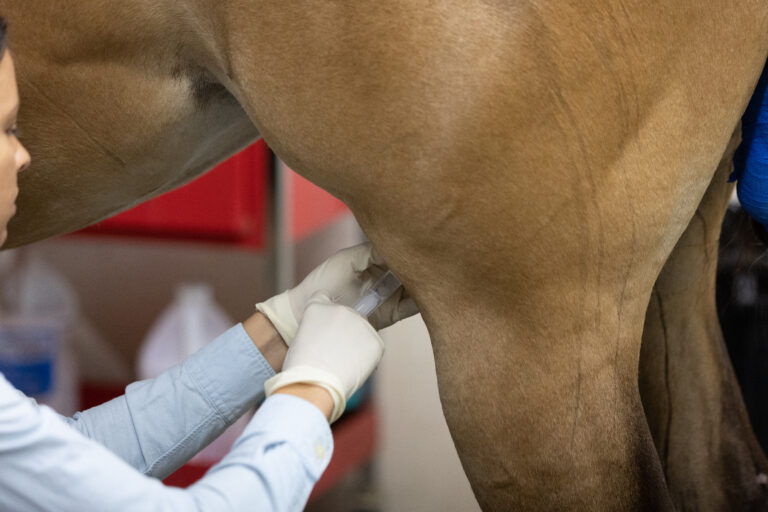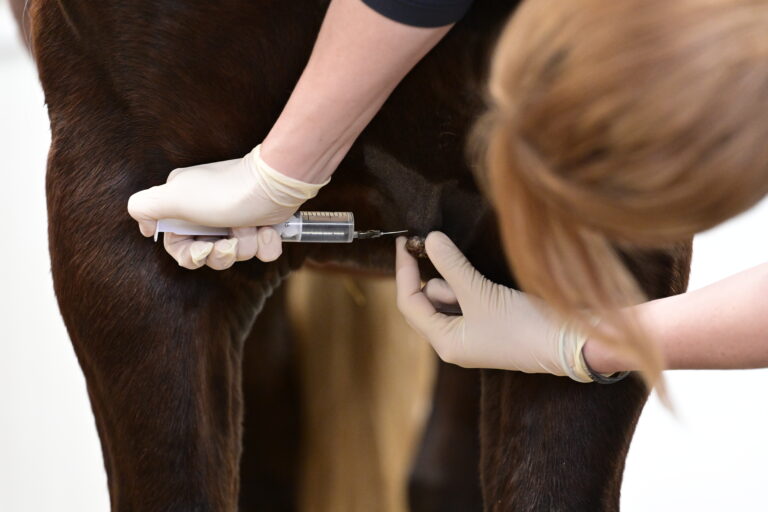
Horses often develop fevers without being compromised by respiratory disease. The challenge for the equine practitioner is to determine the cause of a fever of unknown origin (FUO).
In endemic areas of the USA, tick-related diseases are often incriminated in such non-specific fevers.
READ OR DOWNLOAD THE PDF OF THE ARTICLE HERE
Following are excerpts from the PDF report that you can download or read online, courtesy of Zoetis.
Tick-Borne Pathogens
Linda Mittel, DVM, MSPH, of Cornell University’s Animal Health Diagnostic Center, discussed research findings on the tick-borne pathogens Anaplasma sp., Ehrlichia sp., and Neorickettsia sp. in febrile horses in two regions of the United States—the Great Lakes and Eastern states. The highest incidence of tick-borne disease in humans correlates to Wisconsin and north Mid-Atlantic States.
Sarcocystis fayeri and Neuromuscular Disease
While sarcocysts in equine muscle (diaphragm, heart, esophagus, and tongue) historically have been an incidental finding, all practitioners have been faced with horses having lameness, stiffness, myalgia and gait deficits of unknown cause.
Monica Aleman, MVZ Cert., PhD, DACVIM, of the University of California, Davis, investigated the prevalence of sarcocysts in skeletal muscle biopsies in horses with neuromuscular disease and presented the findings at the AAEP Convention in San Francisco.
READ OR DOWNLOAD THE PDF OF THE ARTICLE HERE
The two previous articles in this four-article series from the 2018 AAEP Convention, brought to you by Zoetis, are also available online. They are Kester News Hour coverage Part 1 and Part 2.

![[Aggregator] Downloaded image for imported item #18711](https://s3.amazonaws.com/wp-s3-equimanagement.com/wp-content/uploads/2025/10/20105749/EDCC-Unbranded-14-scaled-1-768x512.jpeg)


